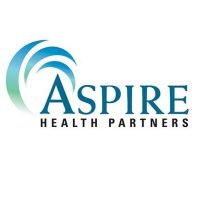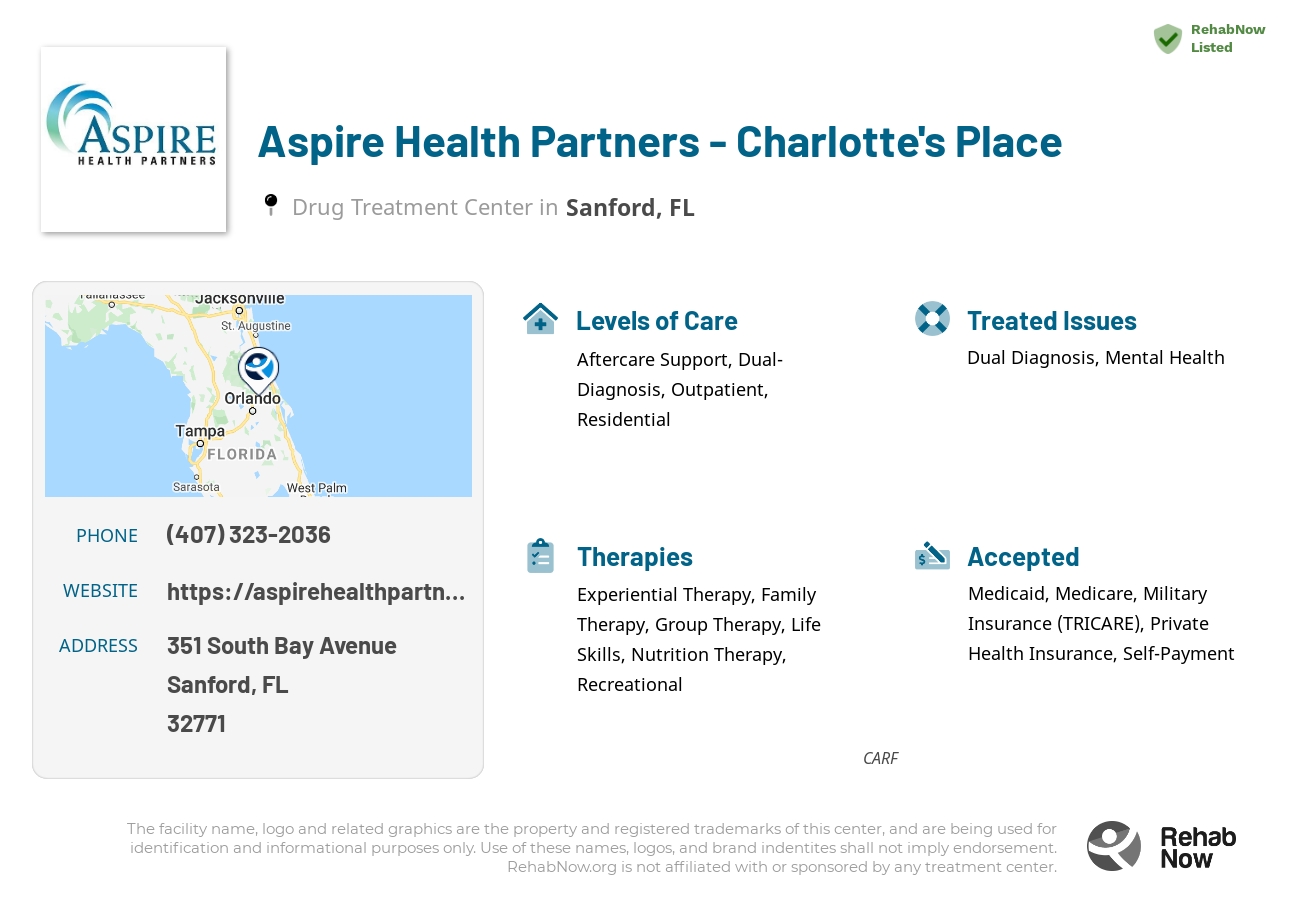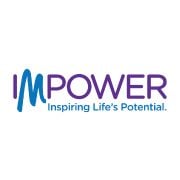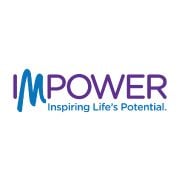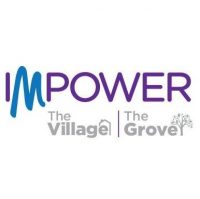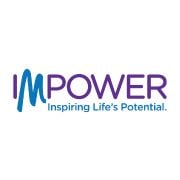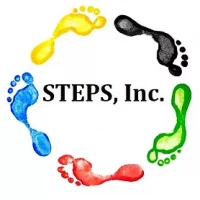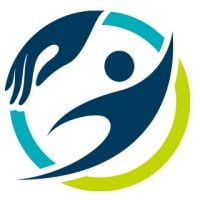Aspire Health Partners - Charlotte's Place
Drug Rehab Center in Sanford, Florida
Aspire Health Partners - Charlotte's Place in Sanford, FL provides comprehensive addiction and mental health treatment services for dual diagnosis patients, with accreditation from CARF and most private insurance plans accepted.
About Aspire Health Partners - Charlotte's Place in Florida
Aspire Health Partners - Charlotte's Place, nestled in Sanford, Florida, is a beacon of hope for individuals grappling with alcohol and/or substance addiction. This outpatient facility stands out for its comprehensive approach that includes group therapy, recreational activities, and a unique focus on mental health and co-occurring disorders. It's a place where dignity, compassion, and cost-effective care converge, offering a restorative environment aimed at fostering successful living and healthy lifestyles.
- Comprehensive Approach: Beyond addiction treatment, Charlotte’s Place emphasizes mental health care and co-occurring disorders, ensuring a holistic recovery journey.
- Empowerment through Employment: The facility integrates employment programs to bolster confidence and self-esteem, key components of sustainable recovery.
- Community and Connection: Planned social activities encourage building relationships and enjoying life beyond the confines of therapy sessions.
Accredited by CARF and accepting private health insurance, Aspire Health Partners - Charlotte's Place adheres to high standards of care. Their belief in treating individuals with dignity and providing compassionate care is evident in their wide range of tailored services, including aftercare support and dual-diagnosis treatment.
At Charlotte’s Place, treatment is available for a variety of addictions, with a special emphasis on dual-diagnosis cases. The facility offers outpatient and residential care, employing methods such as individual and group counseling, life skills workshops, and medication monitoring to address the unique needs of each person.
Genders
Ages
Modality
Additional
Accreditations

CARF
The Commission on Accreditation of Rehabilitation Facilities (CARF) is a non-profit organization that specifically accredits rehab organizations. Founded in 1966, CARF's, mission is to help service providers like rehab facilities maintain high standards of care.
Conditions and Issues Treated
When someone in struggles with both addiction and mental or emotional illness, this is considered a dual diagnosis. Dual diagnosis treatment can include therapy for these issues to happen simultaneously, which will allow either of them to be treated effectively.
Sometimes people who have suffered from addiction disorder also suffer from co-occurring disorders such as depression, anxiety, bipolar disorder, etc., making them “dual diagnoses.” Dual diagnoses require specialized treatment programs where drug and alcohol addiction are addressed along with psychiatric illnesses. Some rehabilitation facilities provide patients suffering from cooccurrences a program with highly integrated services and a clean environment with few distractions to help them succeed.
Levels of Care Offered
This center offers a variety of custom treatment tailored to individual recovery. Currently available are Aftercare Support, Dual-Diagnosis, Outpatient, Residential, with additional therapies available as listed below.
Outpatient treatment is often used for drug addicts in drug rehab. Outpatient treatment consists of counseling and therapy sessions. This form of treatment is also called ‘day-treatment’. The outpatient treatment process begins with the addict’s initial detox period, lasting about ten days.
Outpatient treatment is used for those who are at moderate risk for ‘slipping back’ into the addiction, for those who:
- Are not currently experiencing any side effects from withdrawal and can handle social pressure
- Can handle stressors that might trigger relapse
- Have a stable living environment or have moved out of their previous environment, which was not conducive to being sober
- Have a support system that allows them to go to a facility a few times a week while still keeping their current responsibilities
- Have no legal obligations, being either on parole or probation, that require them to seek treatment at a mandatory facility
- Are not currently experiencing any side effects from withdrawal and can handle social pressure
- Have a stable living environment or have moved out of their previous environment, which was not conducive to being sober
Residential treatment programs are those that offer housing and meals in addition to substance abuse treatment. Rehab facilities that offer residential treatment allow patients to focus solely on recovery, in an environment totally separate from their lives. Some rehab centers specialize in short-term residential treatment (a few days to a week or two), while others solely provide treatment on a long-term basis (several weeks to months). Some offer both, and tailor treatment to the patient’s individual requirements.
Completing a drug or alcohol rehab program is only the first step. Then comes aftercare support. These services include sober living accommodations, career counseling, and AA/NA programs for those struggling with sobriety or who want help maintaining it after initial rehab at an addiction facility.
They can last up to a year or more depending on what’s needed most urgently after the earlier stages are completed.
Therapies & Programs
Family therapy is beneficial for people who are in addiction treatment services because it offers addicts the opportunity to work with their family members to better understand what led them to make choices that contributed to their addiction.
This type of therapy helps family members reach a deeper understanding of how they can best support their loved one during recovery. It also helps the addict better understand their own motivations and triggers that led them to turn to substance abuse.
Family therapy can help addicts in the following ways:
- Assists family members in processing difficult feelings so they don’t blame or resent recovering addicts
- Assists family members in understanding how addiction has impacted the addict and everyone who is involved with them
- Allows the addict to take responsibility for their actions, while encouraging improved communication skills
- Helps family members understand how to best support an individual in recovery so addicts don’t relapse again.
Group therapy can help build a stronger support system and give addicts in Sanford, FL insight into their addiction that they gain through shared conversations. Group therapy occurs in a controlled group environment, exclusive of one on one meetings. This makes it safer for patients to feel comfortable sharing the struggles they’re going through and gaining perspective.
Life Skills Services assist addicts in their recovery by teaching them healthy coping mechanisms that will aid them in becoming sober, focussing on helping people enter into, and maintaining long-term sobriety. Drug Treatment Centers provide Life Skills Services at varying levels of intensity, specific to the needs and requirements of each patient.
The benefits of Life Skills Services offered at Aspire Health Partners - Charlotte's Place:
- Restores hope and empowerment — Helps addicts believe that recovery is possible and instills a new confidence in their ability to achieve a positive, drug-free future
- Enhances family involvement — Encourages families to get involved in the recovery process and supports their understanding and encouragement of healthy behavior.
- Increases patient’s compliance — Helps patients take responsibility for and ownership of their recovery and encourages continued progress
- Reduces relapse rates — Encourages long-term abstinence and emphasizes the importance of establishing sober support systems.
It’s important to remember that malnutrition can affect your mood and energy level, which affects your desire to get sober. Good nutrition helps keep your body strong against the familiar ravages of drug use–tuberculosis, hepatitis, abscesses, infections, etc. — as well as the physical symptoms of withdrawal. If you’re eating right, you’ll have more energy for productive activities and will have more strength to fight cravings.
Nicotine Replacement Therapy (NRT) has many benefits for drug addicts who also choose to quit smoking. It is an effective technique at this treatment center that provides smokers with the nicotine they are addicted to without inhaling carcinogens from cigarettes to wean them off entirely. You can reduce your risk of heart disease and cancer, irritability, bone loss, stroke, type II diabetes, fertility in women, an enhanced sense of taste and smell.
Patient Experience
Experiential Therapy at Aspire Health Partners - Charlotte's Place
Experiential therapy uses engaging activities to help patients access deeper, often hidden emotions. For example, the patient could role-play a problematic situation or engage in activities like drawing, painting, poetry writing, music composition, exercising, or journaling to help process intense feelings.
Experiential therapy is a type of therapeutic approach that focuses on having patients work through problems, issues, or emotions by engaging directly in some real experience. Experiential therapy occurs face-to-face with a therapist who helps these people to explore their feelings first hand.
It is based on the belief that to truly understand and gain insight into oneself and behavior; it is necessary and helpful to have real experiences with the issues involved. Some therapists have developed the experiential therapy approach as a way of treating addictive behaviors or dealing with impulses related to addiction. It comes from an existential school of psychotherapy called ‘experiential existential.’
Payment Options Accepted
For specific insurance or payment methods please contact us.
Is your insurance accepted?
Ask an expert, call (888) 674-0062
Aspire Health Partners Associated Centers
Discover treatment facilities under the same provider.
- Aspire Health Partners - Crossroads of Sanford in Sanford, FL
- Aspire Health Partners - Mens Program in Orlando, FL
- Aspire Health Partners - Kennedy Campus in Orlando, FL
- Aspire Health Partners - Cocoa in Cocoa, FL
- Aspire Health Partners - ANCHOR in Orlando, FL
Learn More About Aspire Health Partners Centers
Additional Details
Specifics, location, and helpful extra information.
Sanford, Florida 32771 Phone Number(407) 323-2036 Meta DetailsUpdated April 15, 2024
Staff Verified
Aspire Health Partners - Charlotte's Place Patient Reviews
There are no reviews yet. Be the first one to write one.
Sanford, Florida Addiction Information
Florida is one of the nation's epicenters for substance abuse and drug-related overdoses. In 2014, around 410,000 Florida residents were addicted to drugs and alcohol. Over the last 10 years, 12% of all deaths in the state were attributed to substance abuse. Treatment admissions for alcohol reached 24,329 patients in 2016, and 2.5% of Florida high school students admitted to using crack cocaine.
Treatment in Nearby Cities
- Venice, FL (139.0 mi.)
- Lake Mary, FL (5.0 mi.)
- Lutz, FL (86.2 mi.)
- Satellite Beach, FL (59.7 mi.)
- Port Orange, FL (27.8 mi.)
Centers near Aspire Health Partners - Charlotte's Place
The facility name, logo and brand are the property and registered trademarks of Aspire Health Partners - Charlotte's Place, and are being used for identification and informational purposes only. Use of these names, logos and brands shall not imply endorsement. RehabNow.org is not affiliated with or sponsored by Aspire Health Partners - Charlotte's Place.
